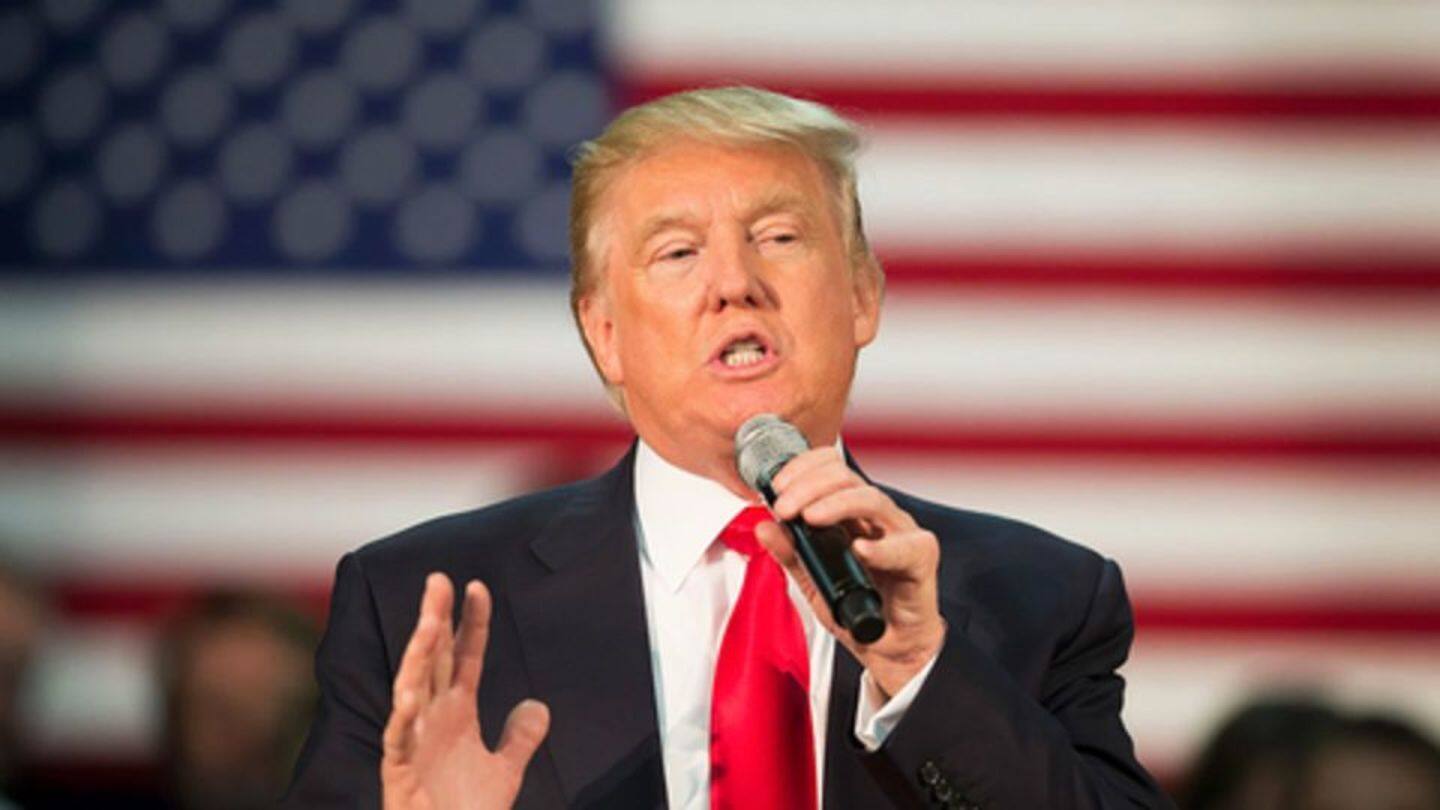
US: Trump declares opioid crisis a public health emergency
What's the story
US President Donald Trump has declared the opioid crisis a "public health emergency." He also termed the crisis a "national shame." Trump had earlier hinted that he would declare a more far-reaching national emergency over the crisis. Opioid abuse kills at least 140 Americans every day. How does Trump plan on tackling the crisis? Read on.
Context
America's opioid crisis
The opioid crisis refers to an increase in the abuse of opium-based prescription and non-prescription drugs such as heroin in the past few years. Around 14,400 Americans have died from drug overdoses from prescription opioids alone in 2016. Opioid overdose is also "the leading cause of death" among Americans under 50.
What?
What did Trump say?
"More people are dying from drug overdoses today than from gun homicides and motor vehicles combined," Trump stated. "These overdoses are driven by a massive increase in addiction to prescription painkillers, heroin and other opioids," he continued. "The US is by far the largest consumer of these drugs using more opioid pills/person than any other country by far in the world," he added.
Details
What does the declaration entail?
The directive mandates all federal agencies to take measures to address the opioid crisis. It would further ease certain regulations, allowing states to access funds meant for tackling the crisis. This would provide them more flexibility in utilizing these funds. Additionally, Trump has ordered for more health workers to be deployed to address the crisis in rural areas and allow patients to access "telemedicine."
Information
Public Health Emergency Fund only contains $57,000!
The Trump administration plans on funding the efforts to address the opioid crisis through Public Health Emergency Fund which reportedly contains only $57,000! According to senior officials, the White House will then work with Congress to secure additional funding "in a year-end spending package."
Criticism
Critics: Trump hasn't done enough
Some critics believe that the measures listed under Trump's directive do not go far enough in tackling the crisis. "The lack of resources is concerning to us since the opioid epidemic presenting lots of challenges for states' budgets," stated Michael Fraser, executive director of the Association of State and Territorial Health Officials. In a tweet, Democratic Senator Bernie Sanders termed it "an empty promise."
Analysis
Does Trump's declaration go far enough to address the crisis
Trump had earlier hinted that he would declare a national emergency on account of the opioid crisis. However, with a public health emergency declaration, he has opted for a short-term measure. This allocates comparatively less funding to address the issue. Many who desperately want the crisis to be addressed will now be expecting Congress to secure more funding to do so.